The News
Twilio reported Q3 2025 revenue of $1.3 billion, up 15% year-over-year with 13% organic growth, marking its strongest third quarter on record. The company delivered GAAP operating income of $41 million and non-GAAP operating income of $235 million, both significant improvements from 2024. Twilio also announced a definitive agreement to acquire Stytch, an identity platform built for AI agents.
Analysis
Twilio’s Momentum Reflects a Broader Rebound in Customer Engagement Platforms
Twilio’s third-quarter performance aligns with the recovery trend in customer engagement, communications APIs, and digital experience tooling that we have been tracking throughout 2025. With organizations accelerating AI, automation, and omnichannel transformation, platforms capable of supporting real-time, personalized customer interactions are gaining renewed traction.
The company’s 15% revenue growth, coupled with a return to GAAP profitability, signals improved operational discipline and a healthier balance between expansion and efficiency. This quarter’s gains were broad-based (spanning startups, ISVs, and large enterprises) which suggests the demand recovery is not isolated to a single customer tier.
Twilio now counts 392,000+ active customer accounts, a notable increase from 320,000 last year. This expanding base supports a dollar-based net expansion rate of 109%, indicating that existing customers are continuing to expand their usage even in more budget-conscious markets.
Profitability Improves as Twilio Tightens Operations
One of the standout themes this quarter is Twilio’s continued emphasis on profitability. Operating income improved dramatically year-over-year, and free cash flow reached $247.5 million, reinforcing that the company is delivering margin gains even as it grows revenue in the mid-teens.
Twilio also continued executing on its $2B share repurchase program, buying back almost $350 million of stock in Q3 and $656 million year-to-date. This signals confidence in the long-term roadmap and ongoing commitment to shareholder return.
Additionally, Twilio raised full-year guidance across revenue, non-GAAP income, and free cash flow. This is an uncommon move in a macroenvironment where many SaaS and API-first companies remain cautious.
Acquisition of Stytch Points to an Identity-Centric AI Roadmap
The announcement of Twilio’s intent to acquire Stytch, an identity platform supporting AI agents, provides insight into the company’s platform direction. As businesses adopt agentic workflows and automation, identity verification, authentication continuity, and secure session management are becoming foundational requirements.
theCUBE Research and ECI data shows that organizations increasingly prioritize identity-driven controls for modern application environments, with identity management ranked among the top investment areas for security and developer productivity. Twilio’s acquisition of Stytch aligns with this trend and may help expand its developer-first offerings beyond communications into identity infrastructure geared for AI-driven automation.
Stytch brings capabilities such as passwordless authentication, workflow-based identity orchestration, and developer-friendly APIs. These are areas that complement Twilio’s existing programmable engagement stack. If integrated effectively, this could strengthen Twilio’s position in secure, personalized, and AI-assisted engagement experiences.
What This Signals for the Communications and Engagement Sector
Twilio’s results reflect several broader market dynamics:
- More organizations are shifting from single-channel messaging tools toward integrated engagement platforms capable of spanning voice, SMS, email, push, chat, and AI-driven interactions.
- Enterprises continue prioritizing customer retention and personalization, especially as budgets tighten and CAC pressures rise.
- Developer-led platforms remain durable, even in shifting markets, because of their ability to serve as “engagement infrastructure” rather than siloed messaging tools.
- Identity is becoming a critical enabler for next-generation customer and agent workflows, supporting secure personalization, fraud mitigation, and regulated interactions.
Twilio’s execution this quarter shows that the combination of improved cost discipline, diversified customer profiles, and platform expansion can help communications API companies stabilize and return to growth.
Looking Ahead
With raised guidance and a strong Q3, Twilio enters the final stretch of 2025 in a solid position. The integrations stemming from the Stytch acquisition could become a meaningful pillar of its roadmap, especially as more enterprises invest in AI agents, workflow automation, and identity-first engagement models.
If Twilio continues balancing profitability with strategic platform expansion, the company could become a central provider in the evolving customer engagement ecosystem, one increasingly shaped by real-time communications, intelligent agents, and secure identity orchestration.
Twilio Report Exposes Trust Gaps in Enterprise Conversational AI
New data highlights rapid adoption of conversational AI in addition to a widening divide between…







